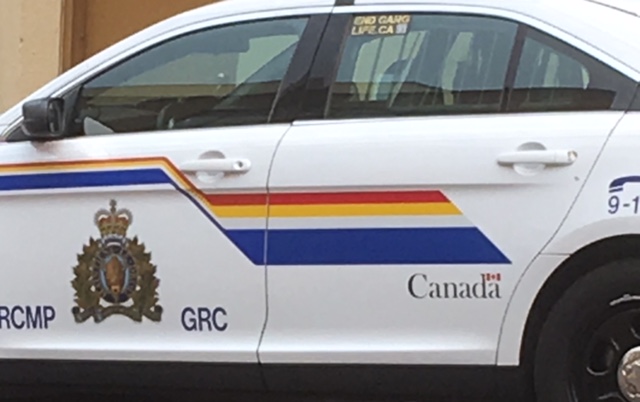VANCOUVER ISLAND, B.C. – Mandatory alcohol screening is legal in Canada beginning Tuesday, December 18th.
That means if you are affected by alcohol or any substance, and driving, you can expect greater scrutiny.
RCMP Corporal Mike Halskov said mandatory alcohol screening will authorize law enforcement to demand a breath sample at the roadside from any driver that has been lawfully stopped.
“So now, police officers no longer need reasonable suspicion to demand mandatory breath testing at the roadside. You know, I preface that by saying we are not going to be pulling over everybody and asking for a breath sample, we don’t have time to do that obviously.”
But the change may mean those roadside stops may last a little longer, “It may be possible, for sure. We would ask people to exercise patience.”
Halskov said the new rules may result in some hold-ups at roadside stops, but those who don’t drive impaired have nothing to worry about.
-with files from Sharon Vanhouwe




